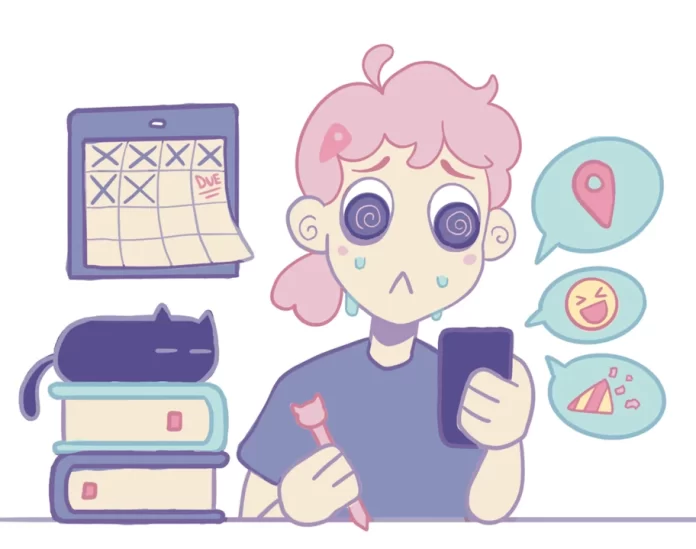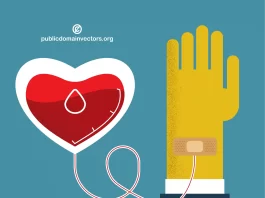Have you ever experienced mental stress when faced with multiple choices? One of these options could be hanging out with friends and the other might be staying home and studying for a test. This is what is known as FOMO, which is an abbreviation for “Fear of Missing Out.” In modern times, it has become more prevalent as a pervasive emotional experience rather than just a term.
In the age of technology, FOMO has become prevalent in students, with social media playing an important role in it. We are exposed to what is happening in the lives of others, which is specifically curated to match one’s interests through a platform’s algorithm. I am of the opinion that this makes people think less of themselves and simultaneously get these thoughts of missing out on the good things in life. For students, they might feel the fear of missing out on social events happening in a university environment because of academics or work. University students — especially freshmen — often go through this dilemma of choosing between social events or their studies.
There is also a link between low self-esteem and FOMO among learners. Students with low self-esteem often look for validation by attending social events that everybody they know is attending. As a result of seeking validation, there is a subconscious spike of anxiety for missing out on such events. Thereby, there is a strong psychological link between low self-esteem and increased vulnerability to FOMO.
Now the question of the hour is: have I ever struggled with FOMO? Yes, I experienced FOMO in my initial semesters when I felt the need to interact with fellow students. I bought tickets for several events, but was unable to be a part of them as I had to attend lectures or work. But with time, I overcame these desires as I started prioritizing tasks. I started feeling joy from the tasks I chose rather than getting gloomy for things I couldn’t do.
With both research and personal insight in mind, here are my recommendations on ways to manage and reduce the ongoing feelings of regret and disconnection caused by FOMO:
- Embracing self-love: Socrates used to say “know thyself.” It indicates that one should know one’s beliefs and morals. Having confidence in one’s values and goals helps nullify the need for external validations.
- Limiting exposure to social media: Stop comparing your life with the unrealistic snapshots of others’ lives online – after all, as Theodore Roosevelt wisely put it, “Comparison is the thief of joy.”
- Opposite of FOMO: JOMO The “Joy of Missing Out” is about embracing the decision you made and living in the present moment. Ultimately, you will find yourself at peace as you understand that you can’t be everywhere and do everything.
- Cultivate real-world relations: Establishing connections in the real world is something I consider far more beneficial than satisfying people on the internet. This helps by decreasing the desire for seeking social validation online.
FOMO is linked to low self-esteem, overuse of social media, and lack of self-realization. It all depends on perspective, and having awareness can assist us in choosing presence rather than comparison. So, next time you find yourself stuck in an identical situation ask yourself: is it truly meaningful to me? Remember, FOMO begins within us, and it ends when we have peace of mind within ourselves. It ends when we realize we are enough and worthy of love. This understanding marks an end to all of FOMO’s related dilemmas and provides us with a clear pathway to what is truly worth choosing.




